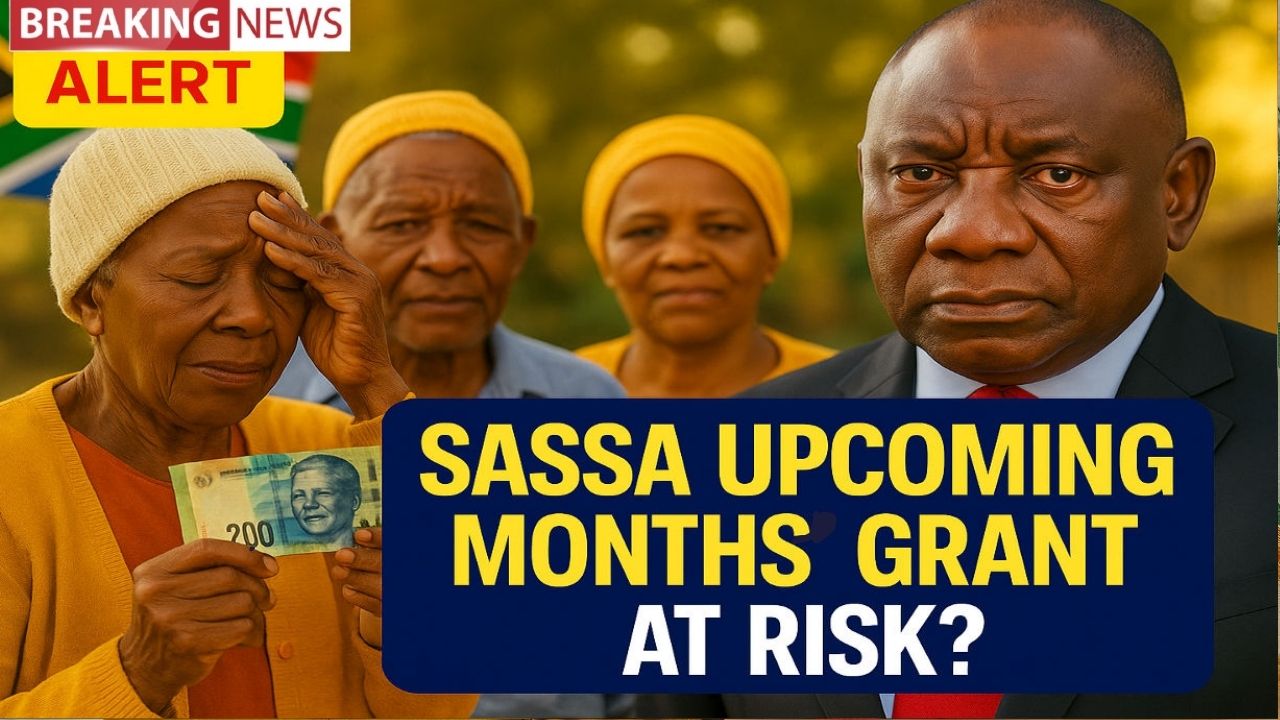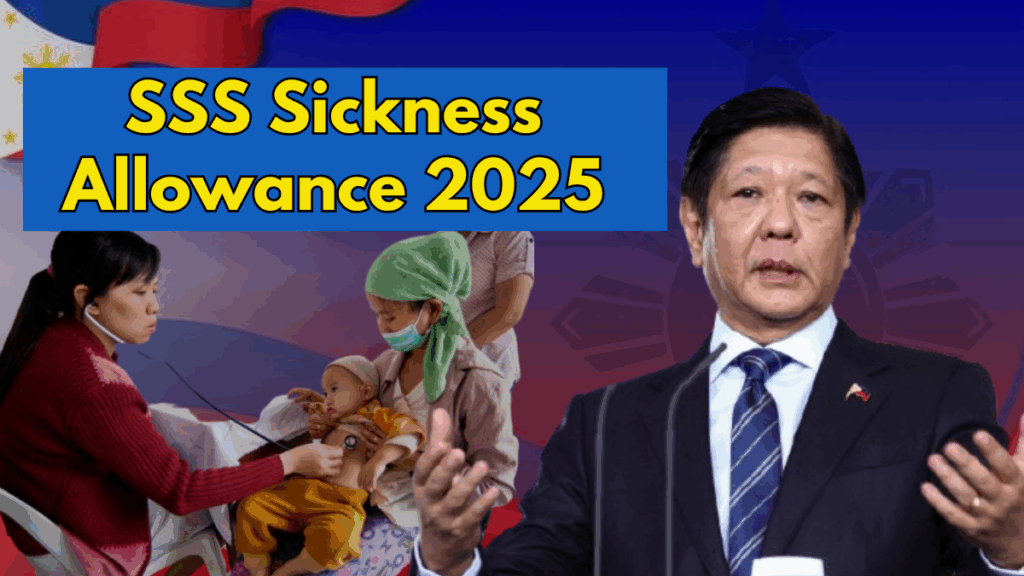The Congress of South African Trade Unions (COSATU) has sounded the alarm after the South African Social Security Agency (SASSA) served notice to terminate its Master Service Agreement with Postbank. Postbank has been a critical partner for years, enabling millions of beneficiaries to receive social grants with low or no transaction fees and broad access points in both urban and rural areas. COSATU concern is simple and serious: if Postbank role shrinks without a well-communicated and fully tested replacement, beneficiaries could face higher ATM cash-out and account fees, longer queues, and avoidable service confusion.
Table of Contents
Below is a clear, plain-English guide to what is changing, what remains the same for now, and what beneficiaries should do to stay protected and informed.
SASSA Postbank Split Raises Fears Over Fees and Access Quick Summary

Particulars |
Details |
|---|---|
Issue |
SASSA issued notice to terminate the Postbank service agreement |
Who is affected |
Over 19 million social grant beneficiaries (e.g., Older Persons, Disability, Children’s grants, SRD) |
COSATU’s concern |
Possible introduction of banking and ATM cashout fees; risk of access disruptions |
Current status |
Postbank continues paying grants during the notice/transition period |
Near-term risk |
Confusion over new payment routes if the handover is rushed or poorly communicated |
What to do now |
Keep contact details updated with SASSA, monitor official announcements, secure your card and PIN |
Official site |
What Is Happening and Why It Matters
SASSA has begun the process to end its long-standing agreement with Postbank. In practice, nothing changes for beneficiaries immediately because Postbank has been asked to continue processing payments during the notice period. The risk lies in what comes after: if grant payments migrate to commercial banks or a new service provider without fee protections and strong outreach, beneficiaries could start paying for withdrawals, balance enquiries, and other basic transactions.
COSATU’s intervention highlights three core worries:
- Fees: Many commercial accounts carry charges for ATM withdrawals, over-the-counter cash-outs, or maintenance. Even small deductions strain already tight budgets.
- Access: Rural areas depend on Postbank’s footprint, community pay points, and retailer partnerships. Any loss in reach can translate into longer travel, higher costs, and missed payments.
- Communication: If beneficiaries are not told clearly and well in advance how their payout route is changing, chaos follows crowded help desks, longer queues, and repeat trips.
What SASSA and Government Have Said So Far
- No immediate disruption: Postbank continues paying grants during the transition window.
- New model under consideration: Government is exploring a sustainable, cost-effective payment model. The stated aim is to protect beneficiaries and inform them well in advance of any permanent changes.
- Consultation promised: Unions, civil society, and banking partners are to be consulted as part of the redesign, with a focus on fee protections and rural access.
What Beneficiaries Should Check Now
Even while payments continue normally, use this period to get your house in order:
- Update your details with SASSA
- Ensure your mobile number, physical address, and chosen payment method are correct.
- If you changed bank accounts recently, submit updated proof to avoid misdirected payments.
- Safeguard your card and PIN
- Do not share your PIN, OTPs, or card.
- If your card is lost or damaged, report it immediately and request a replacement.
- Know your cash-out options
- Postbank card at retailers and ATMs remains valid during the notice period.
- If you use a bank account, confirm the fee schedule for cash withdrawals and balance checks.
- Use official channels only
- Rely on SASSA’s official website, SMS alerts, and office notices.
- Ignore social media rumours, links requesting PINs, or offers to “speed up” payments.
Potential Impacts If Postbank Role Shrinks
- Higher transaction costs: Bank ATM fees, mini-statement fees, and some retailer cash-out fees could erode monthly grants if not subsidised or capped.
- Longer travel and queues: Fewer service points in remote areas may force beneficiaries to travel farther, pay more for transport, or return multiple times.
- Transition confusion: Beneficiaries who are not well-informed about new payout routes may miss a collection cycle or experience temporary delays.
What a Good Transition Should Look Like
To protect beneficiaries, any future payment model should include:
- Fee protections: Zero or capped fees for cash withdrawals, balance enquiries, and basic transactions tied to social grants.
- Broad access points: A mix of bank ATMs, retailer cash-outs, mobile or cardless options, and targeted community pay points in rural areas.
- Clear notice periods: At least 30–60 days of repeated, multilingual communication via SMS, radio, community halls, and in-office posters.
- Overlap periods: Old and new channels should run in parallel for at least one payment cycle to prevent missed collections.
- Dedicated support: Boosted call-centre capacity and field teams during the first two cycles after any switch.
Practical Checklist for the Next Two to Three Months
- Confirm your mobile number on file with SASSA.
- Check your payment method and make sure you understand any fees if you use a private bank account.
- Plan a backup cash-out point (second ATM or alternative retailer) in case your usual site is offline.
- Collect off-peak when possible and keep all receipts.
- Report unauthorised deductions immediately and keep mini-statements as proof.
Who Is Affected and Which Grants Are in Scope
All regular SASSA grants may be impacted by a future payout model, including: Older Persons Grant, Disability Grant, War Veterans Grant, Care Dependency Grant, Foster Child Grant, Child Support Grant, and Social Relief of Distress (SRD). The concern is not over eligibility but how the money reaches you—and what it could cost to access it.
Frequently Asked Questions (FAQs)
1) Why did SASSA move to terminate the agreement with Postbank?
Administrative and service performance issues were cited. Government is evaluating a new payment model that is sustainable and cost-effective.
2) Will my grant stop now?
No. During the notice period, Postbank continues to process payments. Collect your grant as usual unless SASSA officially instructs otherwise.
3) Why is COSATU opposing the decision?
COSATU fears that a poorly managed transition will push beneficiaries into higher bank and ATM cash-out fees and reduce access in rural areas.
4) What should I do today to protect my grant?
Keep your contact details up to date, use official SASSA channels for information, and secure your card and PIN. If you use a bank account, understand the fee schedule.
5) Will I be forced to open a new bank account?
There is no such blanket instruction at present. Wait for official updates before changing accounts or payment methods.
6) How will I know if my payout route is changing?
SASSA must notify beneficiaries in advance, using SMS, public notices, and office posters. Do not act on third-party messages requesting personal details.
7) What if my ATM or retailer is out of cash on payment day?
Have a backup location ready. Remember, funds stay in your account; you do not have to withdraw on the first day.
For More Information Click HERE











